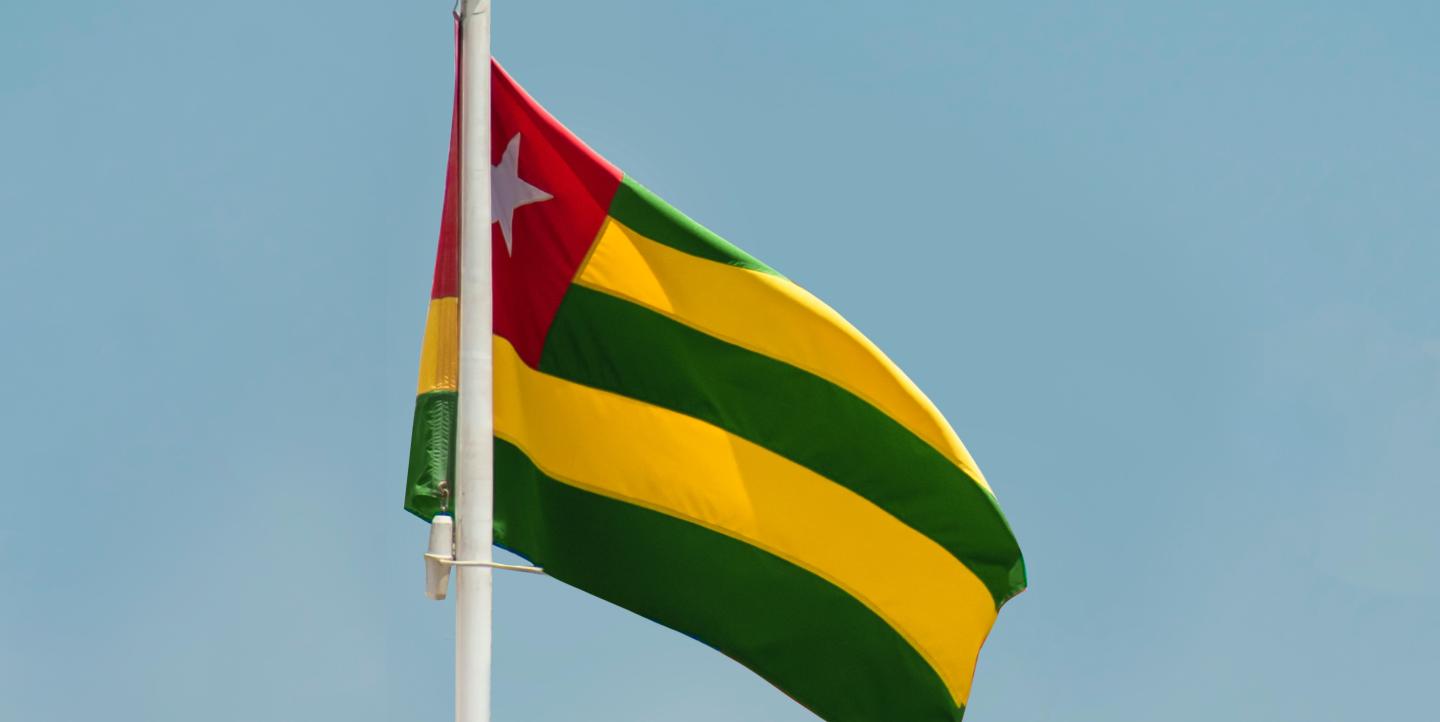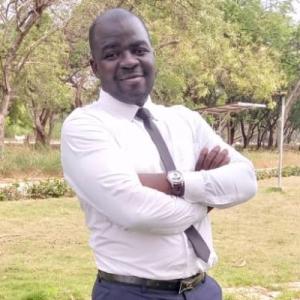False information has infiltrated virtually every corner of the internet, including surrounding health and disease. During the COVID-19 pandemic, misinformation on the virus and health measures was labeled by the World Health Organization (WHO) as an example of an infodemic – an epidemic of false information.
In Togo, a Francophone country in West Africa, the proliferation of misleading health information poses a significant threat to public health initiatives, undermining concerted efforts to enhance public health.
Recognizing this issue, in August 2020 Dr. Serge Michel Kodom, a Togolese doctor specializing in infectious diseases, created SOS DOCTEUR TV to provide access to reliable health information, particularly in rural regions across Francophone Africa.
"In Africa, accessing health information has historically been challenging for people, but today, SOS DOCTEUR TV provides the people of Africa and the wider world with access to high-quality health information," said Kodom.
Protecting the public from misinformation
SOS DOCTEUR TV was launched during the COVID-19 pandemic to bring verified health information to people in Togo. "Recognizing the emerging threat of [the infodemic] as a public health concern, we aimed to establish a communication channel open to medical professionals and accessible to the broader public,” said Kodom. “Our objective was to facilitate the exchange of information among doctors and the general public, ultimately mitigating the adverse effects of misinformation.”
Driven by the mission to cultivate a "health culture for all," the outlet employs a dedicated team of fact-checkers, comprising both journalists and doctors to scrutinize health-related information for accuracy. The team verifies statements attributed to doctors in the news, analyzes the results of scientific studies surrounding health, and cross-checks information attributed to health authorities and organizations such as the WHO.
After the verification process, SOS DOCTEUR TV connects its audience with factual information through a variety of methods. "We consistently alert and educate our viewers through our news broadcasts, programs and trailers, highlighting misleading facts intended to deceive or induce panic in the population," said the outlet’s program director, Essofa Folly-Bazi.
Making health information accessible to all
In the years since launching, SOS Docteur TV has expanded beyond Togo to disseminate verified health-related information across Francophone Africa throughout its programming, which airs all hours of the day, seven days a week on its website, on an app, and via satellite TV provided by the Canal + n°264 satellite package.
More recently, SOS DOCTEUR TV established "SOS DOCTEUR TV CLUBS” within schools and universities in Togo to foster media literacy around health information within these communities.
Challenges
Limited resources and financial constraints are a major challenge for the organization, said Kodom.
"The challenges are abundant, particularly for a specialized television channel. Securing funding for cutting-edge equipment, especially for community reporting, is a pressing need,” he explained. “Currently, the channel operates without dedicated funding, and relies on existing resources and the support of a select few partners.”
Despite the funding realities, the outlet’s leadership is strategizing on how to enhance its impact on viewers, particularly younger audiences. Its future goals include updating its programs to address emerging health issues, and implementing new initiatives to benefit communities.
"Media and information education stand as the sole bulwark against fake news and its consequential effects," said Kodom.
Photo by aboodi vesakaran on Unsplash.
This article was originally published on IJNet French and translated by Nourredine Bessadi.


